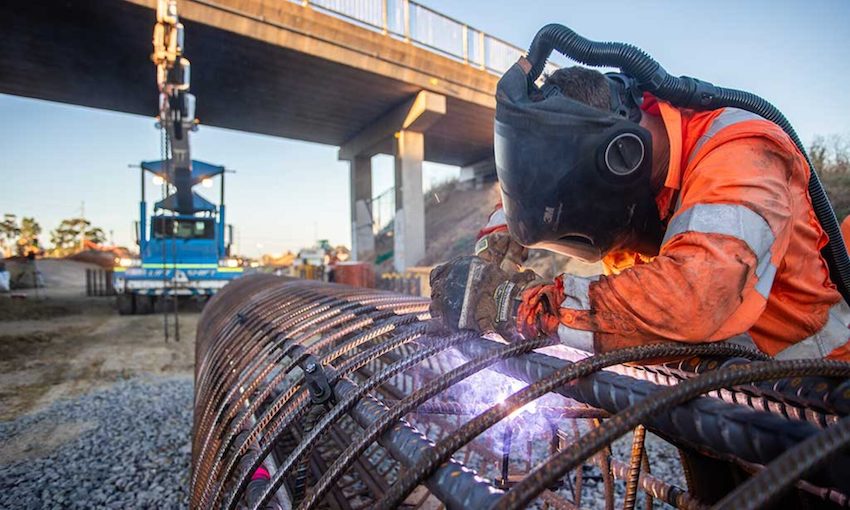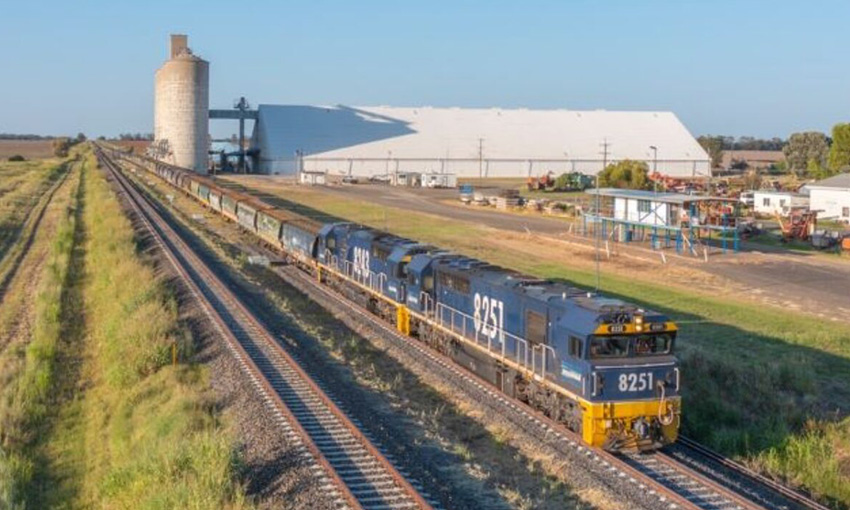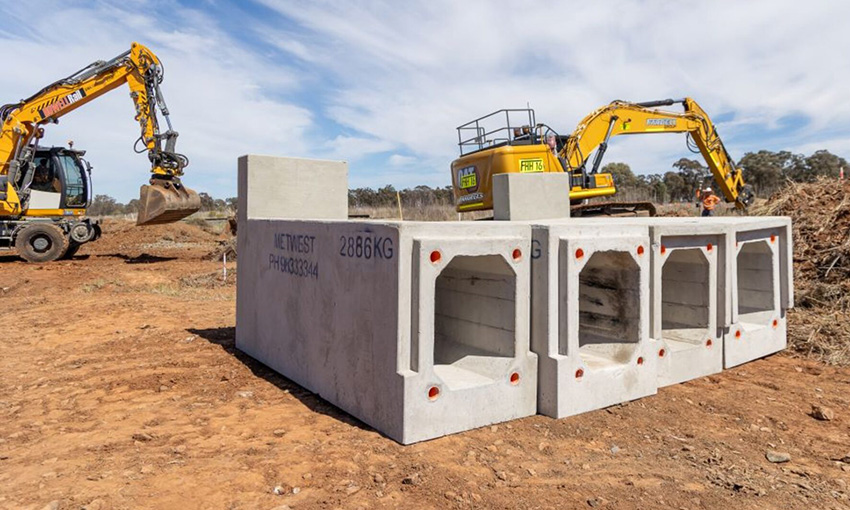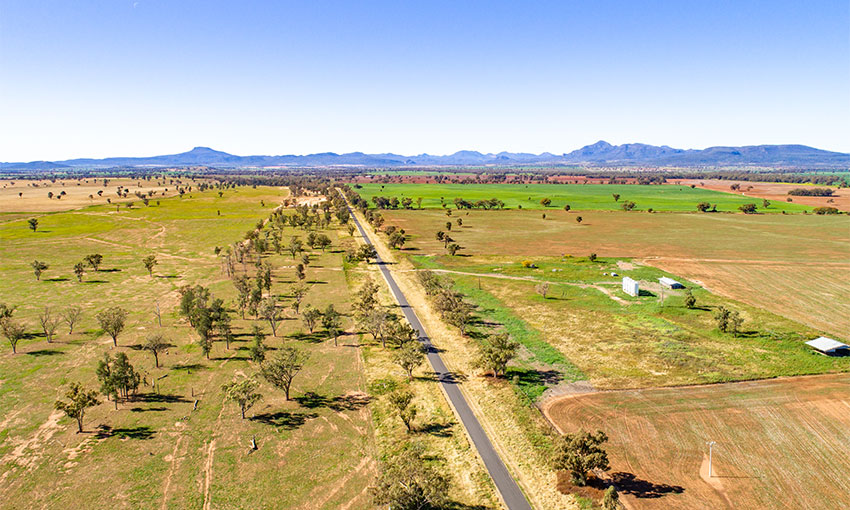THE Australian government has announced the establishment of the National Intermodal Corporation to support the Inland Rail project.
National Intermodal will facilitate the planning, delivery, and operation of the federal government’s investment in an integrated network of intermodal terminals along the east coast of Australia.
The terminals are expected to improve freight outcomes and increase competition in the sector by ensuring open-access arrangements across the network.
Deputy prime minister and minister for infrastructure, transport and regional development Barnaby Joyce said the new corporation would also assist Australia as an exporting nation.
“Australia relies on our commodities and manufactured goods reaching international markets to generate the wealth that underpins our standard of living and prosperity,” Mr Joyce said.
“We are building Inland Rail to build additional resilience into Australia’s supply chains and better connect our exporting industries with their customers, so that our nation can continue to earn the money that pays for the services Australians need and deserve.
“National Intermodal will work with the Commonwealth, state governments, the Australian Rail Track Corporation and industry to develop and operate the Melbourne and Brisbane intermodal freight terminals in time for the commencement of Inland Rail’s full operations in 2027.”
The new corporation was previously known as Moorebank Intermodal Company, a business enterprise of the Australian government.
MIC was created in 2012 to oversee the development of the Moorebank Intermodal Terminal in south-western Sydney.
Minister for communications, urban infrastructure, cities and the arts Paul Fletcher said the government-owned company delivering Moorebank’s transition is well placed to deliver the Commonwealth’s future intermodal investments.
He said MIC has built up expertise over the last decade having facilitated the development of the Moorebank Logistics Park, Australia’s largest open access intermodal terminals precinct.
“We now want the company’s board and management to utilise that experience and expertise in the development of the national network of modern, state-of-the-art, open access interstate terminals,” Mr Fletcher said.
“Through the establishment of National Intermodal, Australia’s east-coast interstate rail network will for the first time have a network of interconnected modern, efficient terminals, managed by an independent company, leveraging industry experience, and genuinely promoting open access to encourage new entrants.
“These important terminals will provide additional resilience and choice for the nation’s supply chains to ensure that supermarket shelves remain stocked and industry gets the materials it requires.”
Minister for finance Simon Birmingham said the establishment of National Intermodal would ensure Australian exporters remain internationally competitive.
“As we continue our economic recovery from COVID-19 is it critical that we have the necessary rail infrastructure in place to support the movement of goods around Australia and overseas in the most efficient and cost-effective ways,” he said.
“This is about backing Australia’s farmers and businesses by making it as easy possible for them to reach their customers through increasing the capacity of our freight rail network to manage the movement of large volumes of goods across long distances.
“It’s why our government continues to invest in the construction of the Inland Rail project and the delivery of world-class intermodal terminals across Australia’s east coast.”
MIC chair Erin Flaherty said the company will work closely with industry to increase the movement of freight by rail.
“National Intermodal’s task is to create an interconnected network of terminals that provide fair and equal access for all above-rail operators,” she said.
“National Intermodal will work with the federal, state and local governments, the Australian Rail Track Corporation, above-rail operators and industry to ensure commercially sustainable, fit-for-purpose terminals are delivered.”
MIC CEO James Baulderstone said the success of National Intermodal will be measured by the company’s ability to ensure the rail infrastructure enhances rail’s competitiveness and captures an increasing share of the interstate freight market.
“We are excited to assist the government to create a suite of nationally integrated state-of-the-art intermodal terminals to ensure movement of rail freight across state boundaries can occur in a seamless and highly efficient manner,” he said.
National Intermodal will have an expanded role in the Moorebank Logistics Park’s Interstate Rail Terminal following the $1.67-billion sale of Qube’s warehousing and property components, announced in December 2021.





